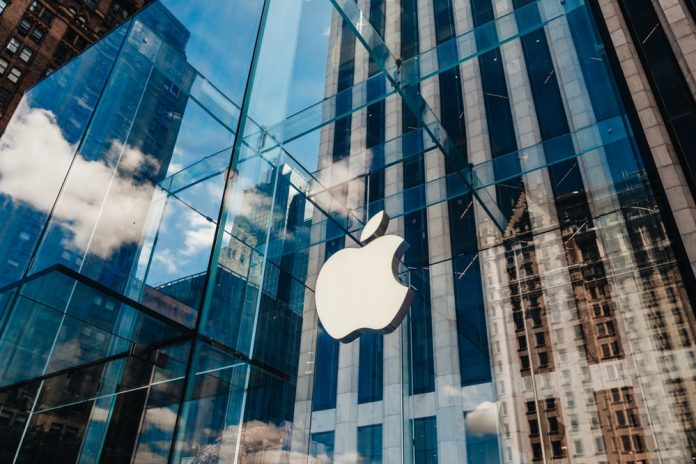
Apple’s grip on the app economy has been shattered as a federal court decision forces the tech giant to allow developers to bypass its up to 30% App Store commissions, potentially costing the company billions in revenue.
Key Takeaways
- A San Francisco federal appeals court denied Apple’s request to pause a court order allowing developers to direct users to alternative payment methods outside the App Store
- The ruling found Apple violated California’s competition laws through its restrictive App Store practices
- Major developers including Epic Games, Amazon, and Spotify can now bypass Apple’s payment system and avoid commissions of up to 30%
- Judge Yvonne Gonzalez Rogers referred Apple to federal prosecutors for a possible criminal probe of contempt of court
Tech Giant’s Monopolistic Practices Rebuked by Courts
Apple suffered a significant legal defeat when a San Francisco-based federal appeals court upheld a directive requiring the company to allow app developers to offer external purchasing options. The ruling stems from a 2021 injunction,” said Yvonne Gonzalez Rogers, U.S. District Judge. who determined Apple had engaged in anticompetitive conduct under California law. Despite Apple’s claims that the ruling would cause “grave irreparable harm” to its business model, the appeals court remained unconvinced by the tech giant’s arguments and refused to pause the implementation of the original court order.
The court’s decision marks a pivotal moment in the ongoing battle between Apple and developers who have long criticized the company’s tight control over its App Store ecosystem. For years, Apple has maintained a walled garden approach, requiring all apps distributed on iOS devices to use its payment processing system and pay commissions of up to 30%. This practice has been particularly lucrative for Apple, generating billions in revenue annually while developers complained about the excessive fees cutting into their profits.
Developer Freedom and Consumer Choice Prioritized
The ruling represents a significant win for app developers who can now implement alternative payment methods without Apple’s intervention. Major players like Epic Games, Amazon, and Spotify have already begun adjusting their applications to bypass Apple’s payment system entirely,” said Tim Sweeney, Epic Games CEO, who celebrated the decision as the end of the “Apple tax,” signaling a new era of economic freedom for developers. The court’s decision prioritizes both developer independence and consumer choice over Apple’s desire to maintain complete control over its ecosystem.
The legal battle originated in 2021 when Judge Gonzalez Rogers initially ruled mostly in Apple’s favor but ordered changes to App Store policies to allow developers to direct users to alternative payment options. Apple’s response was to implement technical changes that still imposed a 27% commission on transactions occurring outside its platform, essentially circumventing the spirit of the court’s order. This maneuver ultimately backfired, with Judge Gonzalez Rogers referring Apple to federal prosecutors for a possible criminal contempt investigation.
— ARK Invest (@ARKInvest) May 12, 2025
Implications for Apple’s Business Model and Revenue Stream
The court ruling threatens one of Apple’s most profitable business segments. The App Store has been a cornerstone of Apple’s services revenue, which has become increasingly important as iPhone sales growth has slowed in recent years. Analysts estimate the App Store generates over $20 billion annually for Apple, with much of that coming from the commissions now under threat. The company expressed disappointment with the ruling and indicated it would continue its legal fight, emphasizing what it describes as the value and security the App Store provides to both developers and users.
Conservative consumers and businesses should view this ruling as a victory against corporate overreach and monopolistic practices. For too long, Apple has leveraged its market dominance to extract excessive fees from developers while limiting consumer choice,” said President Trump, administration has consistently advocated for fair market practices and against tech monopolies that stifle innovation. This court decision aligns with those principles by fostering a more competitive digital marketplace where developers can thrive without excessive corporate taxation and consumers benefit from more options and potentially lower prices.





